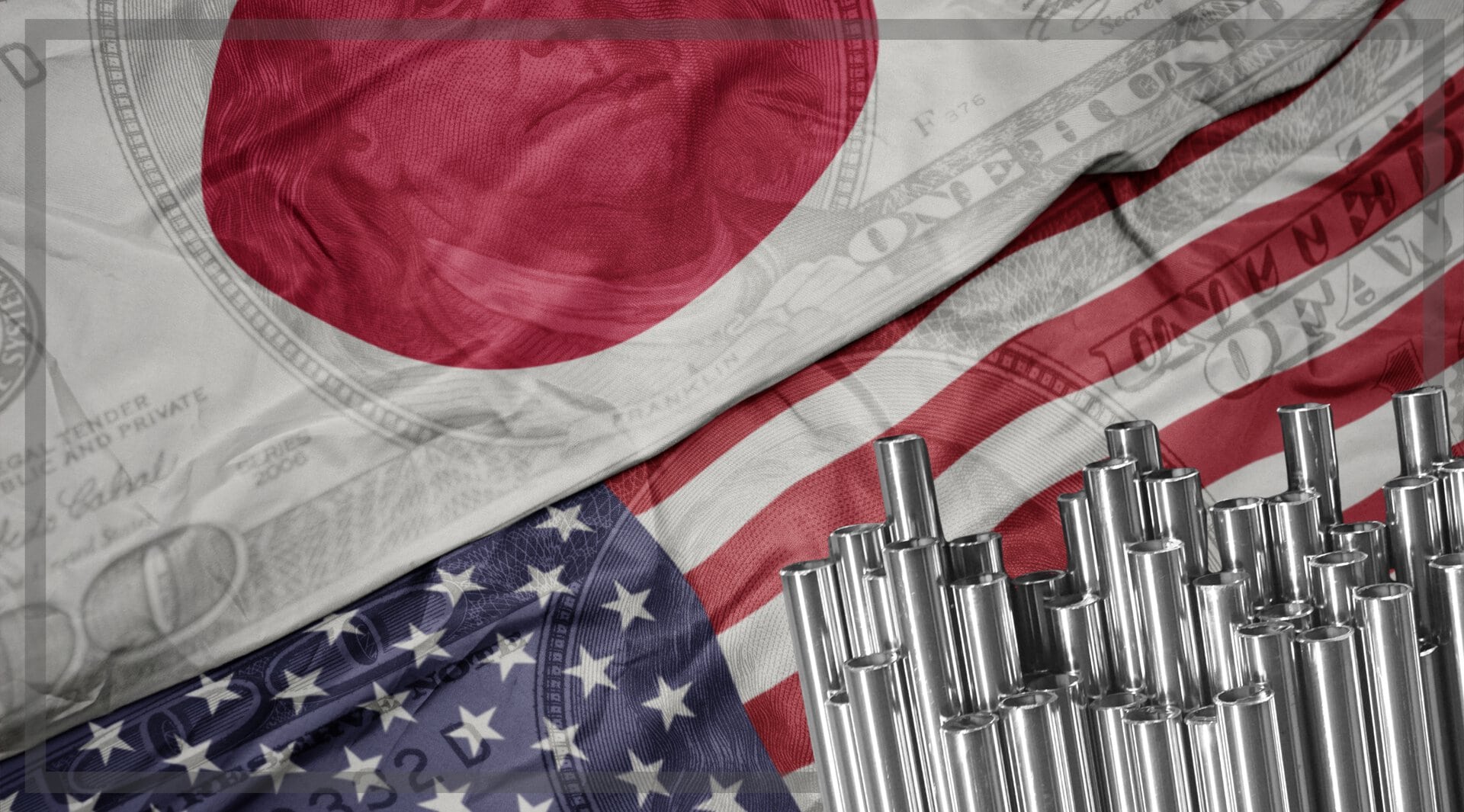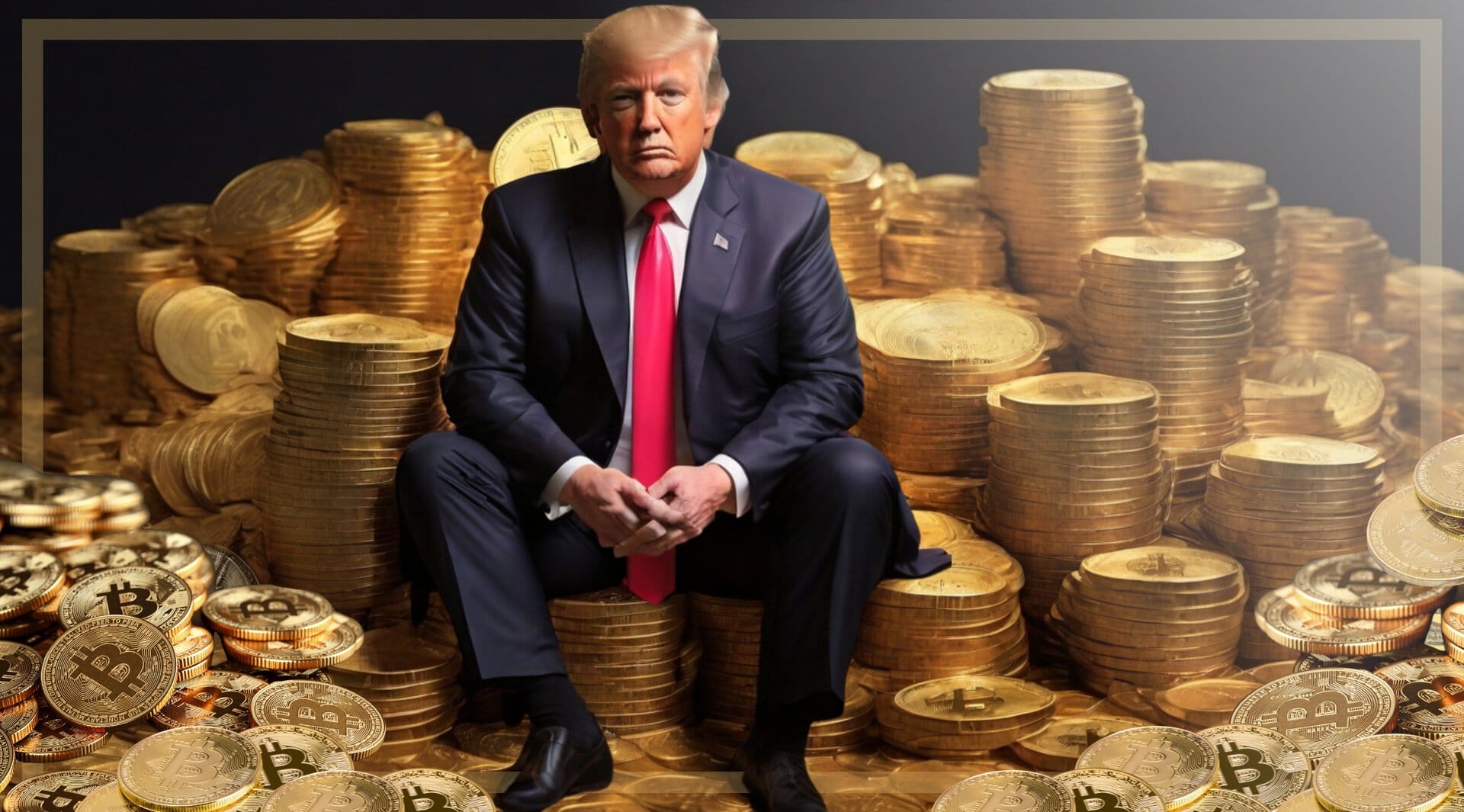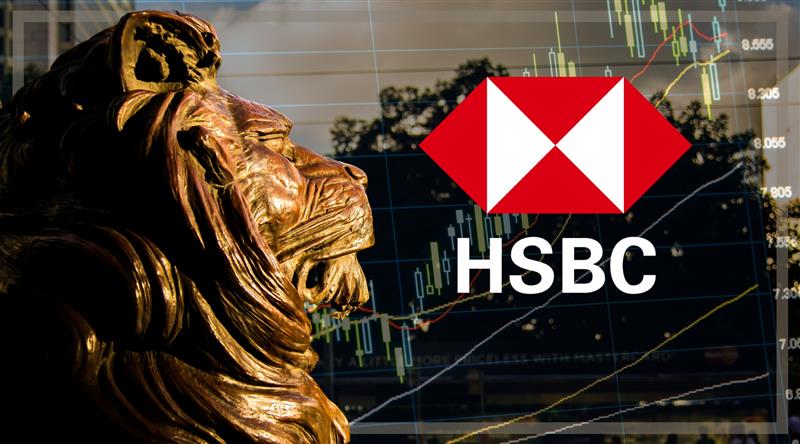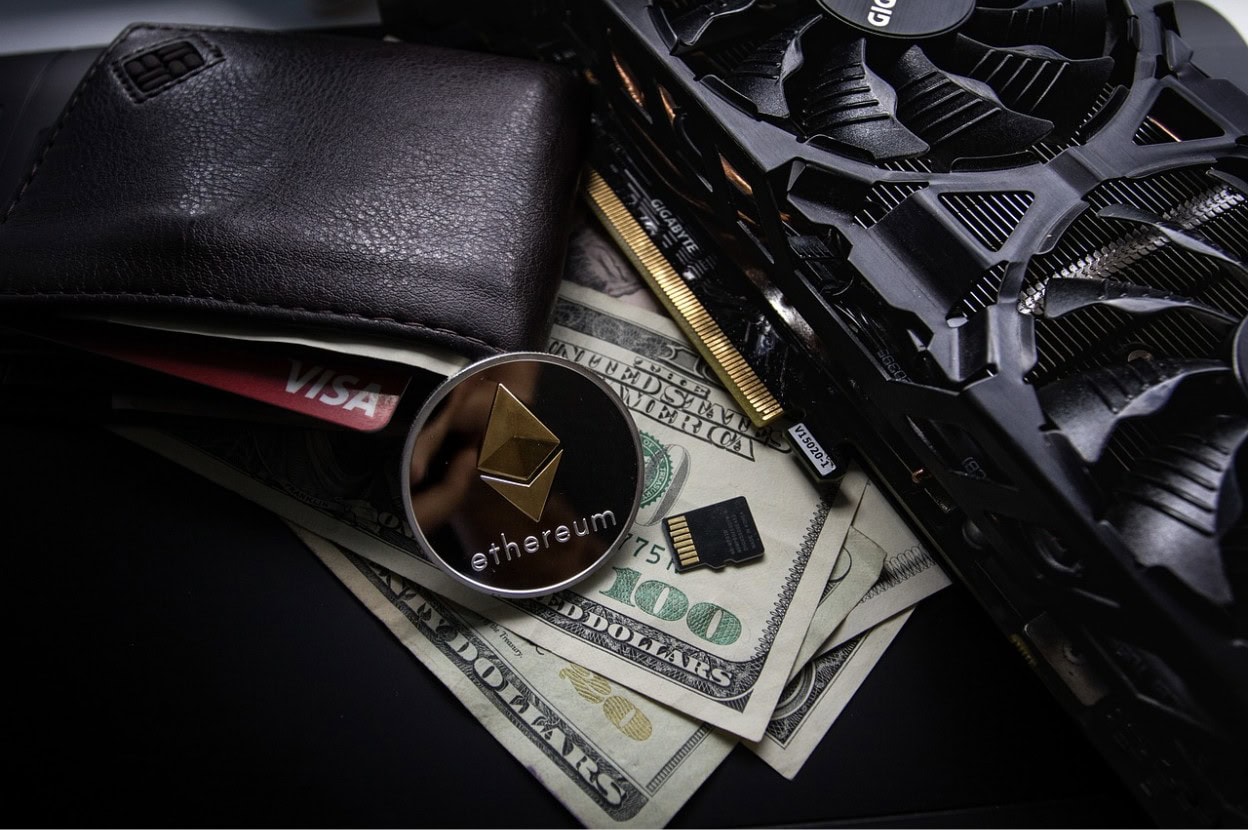The sale of US Steel has become a lightning rod of controversy, and political pressure has scuttled the deal. Allies are taken aback, and they should be, but not for the reason everyone talks about.
In August of 2023, directors of U.S. Steel announced that the 125-year-old company was up for sale. Soon thereafter it was revealed that rival domestic steelmaker Cleveland Cliffs had attempted to buy U.S. Steel for $7.3 billion, an offer that had been rejected.
A few months passed. Then, after having weighed several offers, in December of 2023 U.S. Steel announced that the company had accepted a buyout offer from Nippon Steel, a Japanese steelmaker, for $14.1 billion. The price tag was a shocking valuation to many and the deal itself was a surprise to the United Steelworkers Union (USW), which had been kept in the dark.
Immediately, the USW came out against the deal with Nippon, slamming management while doubting the Japanese steelmaker’s promise to honor the union’s existing contract. Steel workers in favor of the deal gathered in front of the U.S. Steel Tower in New York City on September 4.
A crowd of steelworkers in favor of the Nippon Steel takeover of US Steel are gathered outside of US Steel Tower pic.twitter.com/RjX4o0E9zU
— Mike (@mikeydangelo) September 4, 2024
Nippon has protested that its overtures were made in good faith.
Today, Nippon Steel has published communications between Nippon Steel and @steelworkers leadership. This correspondence demonstrates that Nippon Steel has been reaching out to engage in good faith with the USW. Read the documents at https://t.co/nYBLqW4JRW. #BestDealForUSSteel
— U. S. Steel (@U_S_Steel) September 11, 2024
Nippon also protested through official channels and the media.
Nippon Steel, in a strongly worded letter, defended its $14.9 billion bid for US Steel, arguing that politics are motivating the US opposition to the deal. Here are some of its key arguments https://t.co/Ph4APYJu20 pic.twitter.com/Xce0ItubZp
— Reuters Legal (@ReutersLegal) September 9, 2024
In a last ditch effort, Nippon sent a representative to plead for the deal.
Nippon Steel exec flies to Washington in last attempt to save US Steel deal, FT reportshttps://t.co/mtL4H4E3M6
— The Japan News (@The_Japan_News) September 11, 2024
Reactions inside the Beltway
Initially, the political response from Democrats and Republicans was muted. Then, at an International Trade Commission hearing in January of 2024, Cleveland Cliffs CEO Lourenco Goncalves publicly accused U.S. Steel of selling out to a foreign-owned company and threatening national security.
Soon thereafter, senators from Pennsylvania and Ohio, Democrat and Republican alike, started to voice their displeasure with the deal. By late January, after a meeting with the Teamsters, former President Trump came out publicly against the deal, stating in typical braggadocious terms that his administration had saved the American steel industry and now President Biden was letting it be bought by a foreign entity.
By March 2024, President Biden himself came out against the deal, highlighting his support of the union while announcing an investigation by the Committee on Foreign Investment in the United States. The CFIUS, currently chaired by Treasury Secretary Janet Yellen, scrutinizes business deals between U.S. companies and foreign investors via the lens of national security.
Flash forward to the present, Vice President Harris, now the Democratic candidate for president, has also come out strongly against the deal and it appears President Biden will officially scuttle the deal based on the recommendation of the CFIUS.
The National Security Threat
Despite nationalist rhetoric from both sides of the aisle, plenty of pundits and business executives have questioned the claim that the sale of U.S. Steel threatens national security, pointing out that Japan has been a strong ally and treaty partner since World War II.
As Nippon Steel’s acquisition of US Steel faces a potential #CFIUS & Biden block the #DOJ, FTC, & the Japan Fair Trade Commission met yesterday marking the 25th anniversary of the signing of an agreement between the US & Japan concerning cooperation on anticompetitive issues. $X
— Diane Alter (@diane_alter) September 11, 2024
Americans have profited from the relationship by access to Japanese technology, which enriched both nations. To this day, over 50,000 U.S. troops are stationed in Okinowa because the US is treaty-bound to protect Japan.
The push for protectionism also runs contrary to the United States’ stated goal of containing China, the world’s largest steel producer frequently accused of dumping steel on the market to depress worldwide prices. Cheap Chinese steel was former President Trump’s obsession in office and the primary driver for the 25% tariffs he imposed.
However, if Nippon, the 4th largest steel producer in the world, was to absorb U.S. Steel as its subsidiary, it would be in a much stronger position to counter the dominant Chinese steel industry. This, in effect, would bolster U.S. national security, as opposed to weakening it.
But what about the steel itself and its use by the U.S. military? In this case, the argument against Nippon buying U.S. Steel becomes even more tenuous.
As it turns out, U.S. Steel isn’t an important supplier of steel to the American military and hasn’t been for some time. Who is? Among others, Cleveland Cliffs. Moreover, the last time the U.S. military had an urgent need for specialized steel, in this case ⅜ inch armor plate to be fitted onto mine-resistant vehicles fighting in the Iraq war, the American steel industry, not wanting to spend on facilities for a niche product, largely declined to help.
One of two corporations that did sign on was Oregon Steel Mills. In 2007, Oregon Steel sold to the Russian-owned corporation Evraz. So, in actuality, a Russian firm made the steel that protected American troops. Did the CFIUS intervene to prevent Evraz’ purchase of an American company on national security grounds? Nope. The deal went through. Granted, one might argue that Russian/American relations were not as contentious then as they are now, but they weren’t ever as close and cooperative as Japanese/American relations have been for the last half a century.
To Friend-shore or Not to Friend-shore?
The irony is that the Biden administration’s position against Nippon’s purchase of U.S. Steel is in direct opposition to its stated goals regarding trade with allies. In April of 2022, while speaking at the Atlantic Council, Janet Yellen introduced a new term to the lexicon: friend-shoring. Friend-shoring basically means emphasizing trade with friendly nations so that there is less chance of the supply chain being weaponized by adversaries.
Two months prior to Yellen’s speech, the Biden Administration struck a deal with Japan that lifted the 25% tariffs imposed during the Trump era and replaced them with a quota system. While the newly implemented system allows for approximately the same amount of Japanese steel to enter the United States annually, it was seen as a win for Japanese-American relations and a win for American steel makers.
In the words of Steel Manufacturers Association President Philip Bell, “Overall this is a strong deal for American steelmakers. It shows that we should not take a one-size-fits-all approach when it comes to our jobs, environment and economic growth.”
However, a rise in economic populism and protectionism is at odds with Yellen’s friend-shoring and her modified neoliberal approach to trade. Biden’s Build Back Better emphasizes keeping and nurturing industry within the United States.
What’s In a Name?
One has to wonder how much of the political push-back against the potential sale of U.S. Steel can be attributed to its name and what that name conjures. Once the largest corporation in the world, U.S. Steel used to represent American hegemony and manufacturing might. The name is so basic that when it’s mentioned it almost sounds like someone is talking about the entire American steel industry. If the firm didn’t have a storied history and had a more obscure name, would anyone care? Would politicians be taking a stance on its sale at all? Maybe not.
Blocking a $15 billion investment by a Japanese company is not only a deep insult the Japanese will interpret as a signal that their alliance with the US is not as strong as it appears. It is also a lost opportunity to upgrade the U.S. steel industry. Japanese steel executives have long noted that their American counterparts still use outdated technology in the process of steel production. It should come as no surprise then that many American consumers prefer Japanese cars for their durability.
The fact is, more and more Americans have grown weary of the effects of free-market neoliberalism. Call it friend-shoring, it’s still offshoring to people from economically depressed towns across the U.S. that have lost the industries that were often the impetus for the towns to exist in the first place.
This wave of resentment helped elect Donald Trump who spoke to these woes in ways his opponent did not. And yet, much like eight years ago, the solutions to these problems are hard to come by.
When the news broke that U.S. Steel was being sold to a Japanese company, a company that plans to invest heavily in American mills, the knee-jerk reaction was that the sky was falling.
Perhaps, on a more metaphysical level, it is. An increasing number of right-wing politicians and progressives have questioned the limits of the neoliberalism system. Democratic Senator Chris Murphy of Connecticut is one. In the past few years, he has written and spoken extensively about the subject. Writing for the New Republic, Murphy points to an increased lack of pride, purpose, and economic agency in American life, referring to it as a “spiritual crisis.”
While the GDP is growing there is a deficit of hope among average Americans. In 2022, a new term was coined to describe the dissonance between the actual state of the economy and people’s perception: the vibecession.
According to Senator Murphy, the answer to the vibecession and America’s spiritual crisis requires a pivot away from neoliberal ideology, a system that has prioritized profit over everything else. Whether that is possible in the near term or not, the Connecticut Senator makes a compelling case that the national malaise in the United States will only worsen without stark changes made.
In the meantime, the US is left with “vibes,” or some kind of metaphysical unease as Senator Murphy might say. And yet, it is within that unease that the drama of a Japanese company trying to buy an American company must play out. Even though Nippon has pledged billions of dollars to fortify a struggling American company, Japan’s presence in the rustbelt is perceived as a loss of American might. During an election year, that perception matters more than the more nuanced reality at hand.
Author: Laird Dilorenzo
#Crypto #Blockchain #DigitalAssets #DeFi
Laird Dilorenzo is a hatchet thrower and wordsmith.
The editorial team at #DisruptionBanking has taken all precautions to ensure that no persons or organizations have been adversely affected or offered any sort of financial advice in this article. This article is most definitely not financial advice.















